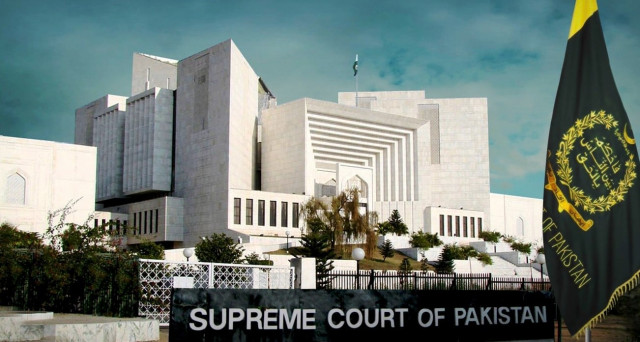Questionable conduct
The prime minister also has some explaining to do: Why were so many rules violated in the grant of plots?

It is true that the allocation of plots, some within rules, does not mean that the judges may have acted dishonourably or demonstrated bias. But suspicions will always surface with stories of this kind. Since 2007, the judges have assumed a status akin to heroes. This revelation has brought them back to the realm of reality and, in terms of perception, will inevitably have an impact on the way people look at them.
The issue brings forward another matter. Much of the issue of corruption lately has focused on politicians and accountability measures directed against them; in this process victimisation has been a focal point. It is widely believed that the National Accountability Bureau (NAB), set up soon after General Pervez Musharraf seized power in 1999, lost much of its teeth after it decided not to go after the military or the judges. After 2001, political expediency, rather than a true desire to go after corruption, dominated much of what happened at the NAB. This is one reason why we have, through the years, heard very little about wrongdoings in institutions other than the executive.
The findings, to be reviewed by the Public Accounts Committee of Parliament, will be a matter of considerable public interest. The high profile adopted by the judiciary, by intent or accident, makes this all the more true. The prime minister also has some explaining to do: Why were so many rules violated in the grant of plots? What was the purpose behind this and what does this say about the nature of our state and all those whose role it should be to serve it with honesty and dedication?
Published in The Express Tribune, October 28th, 2010.















COMMENTS
Comments are moderated and generally will be posted if they are on-topic and not abusive.
For more information, please see our Comments FAQ